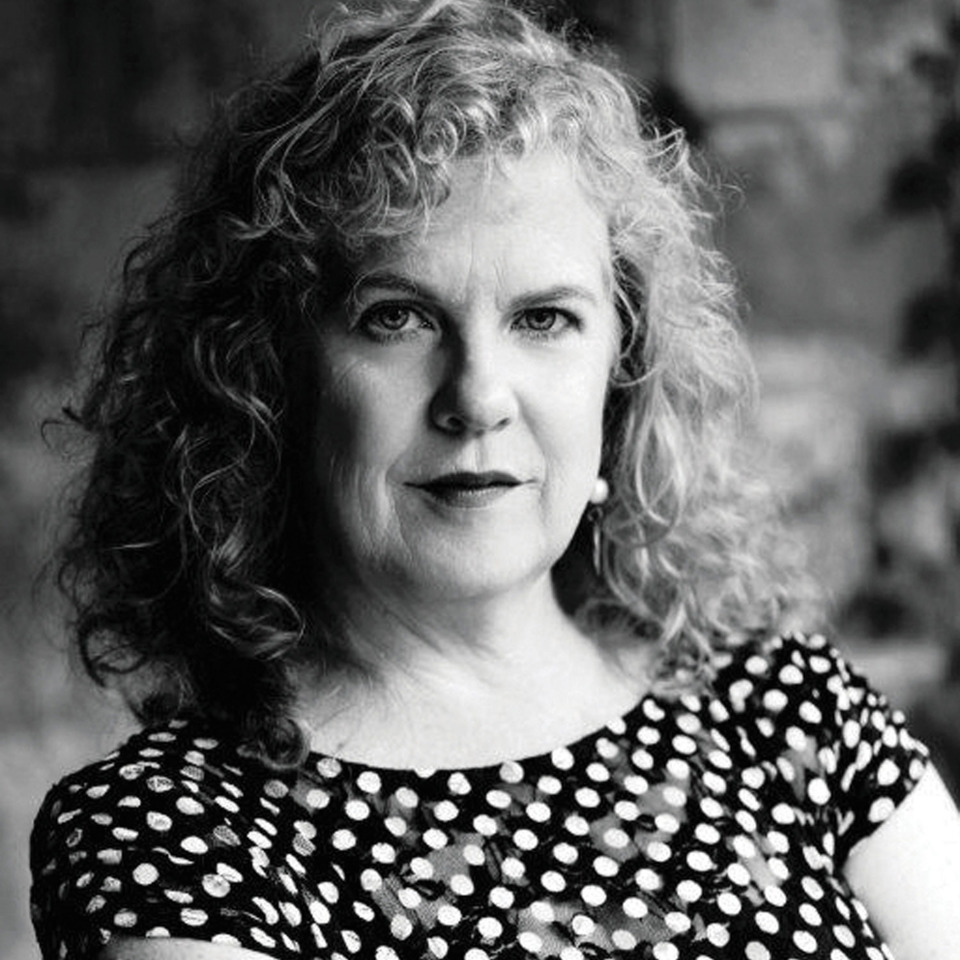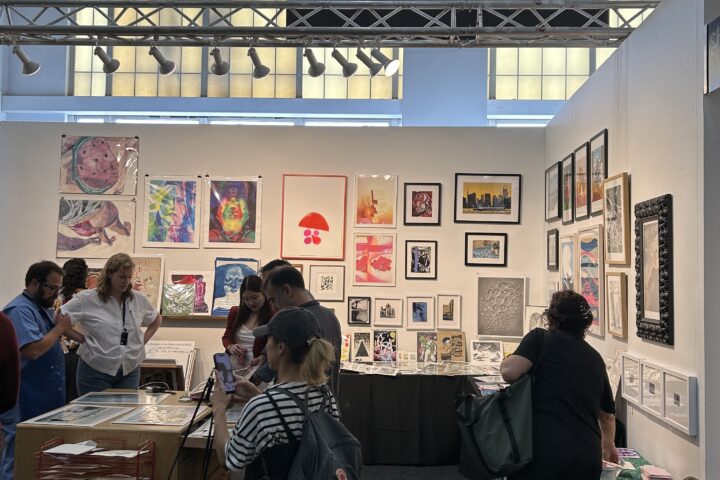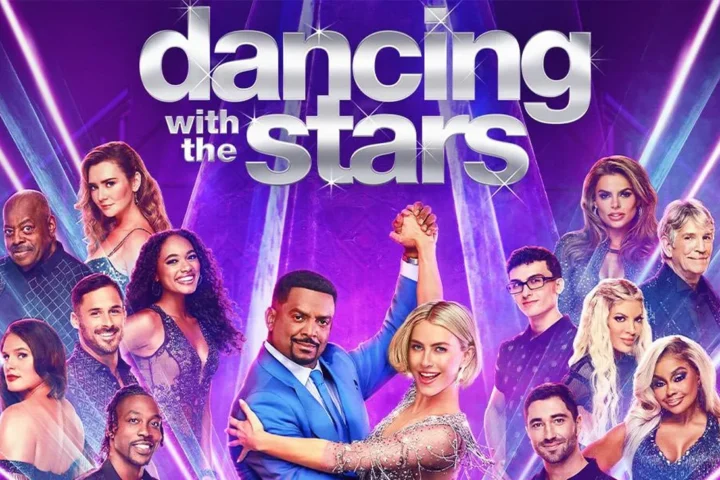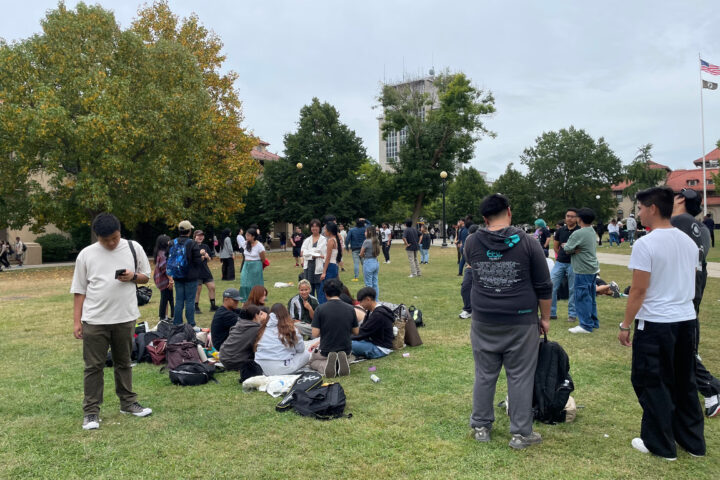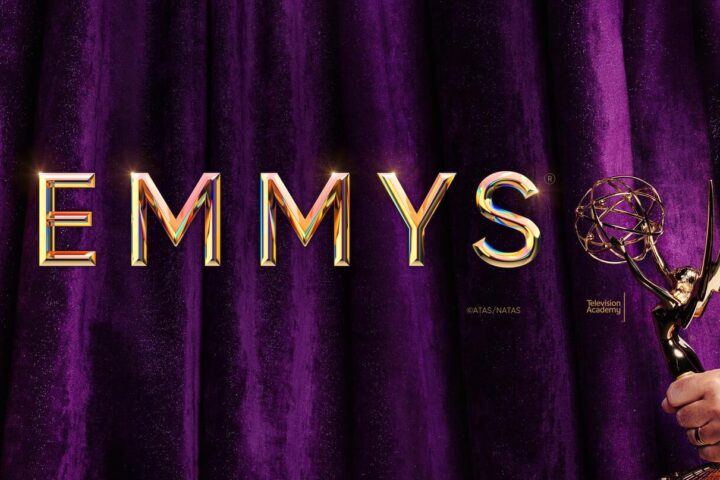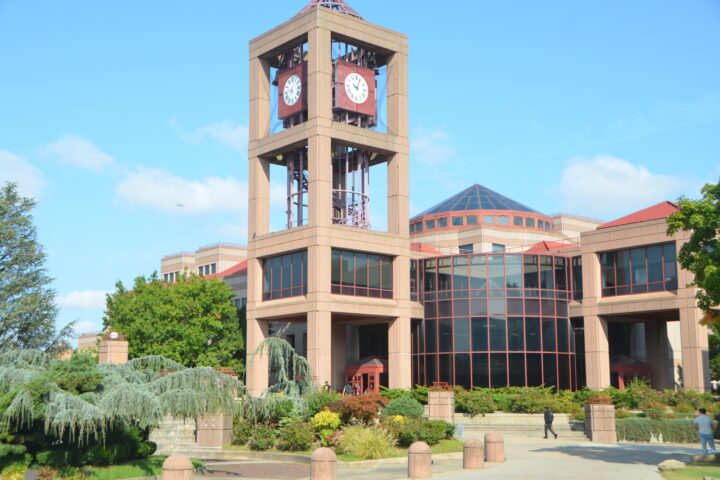As the industry of journalism rapidly shifts alongside cultural norms and an expanding digital landscape, no one can speak to its evolution better than renowned writer and music critic Ann Powers. With a career that spans over forty years, Powers has witnessed how journalism has changed throughout her diverse professional endeavors. On Monday, Feb 22, Powers met with several Queens College students for a Zoom panel in which she shared her inspiring life journey and the unique perspective that has made her one of the most respected and relevant writers in modern journalism.
Born and raised in Seattle, Washington, Powers got her start early as a journalist for The Rocket, a bi-weekly alternative-music publication for Pacific Northwest readers. It was the first time she felt the adrenaline rush of interviewing her favorite local artists. She noted at the panel how being immersed in the punk scene at a young age reaffirmed why she loved writing about the genre in the first place.“By attending shows and expressing what I had seen, it solidified the experience for me.” Powers continued to pursue her passion for writing in college, where she obtained a Bachelor of Arts in creative writing from San Francisco State University, followed by a Master of Arts in American literature from the University of California, Berkeley.
Post-college, Powers spent her 20s in San Francisco, California, where she found her niche as a popular music and culture columnist at the San Francisco Weekly. Powers accredits San Francisco as the nesting place for developing her writing style, music taste, and love for artistry. During a time when she was still grappling with whether or not she wanted to focus on creative writing or serious music writing, the city taught her that she can mesh the two. “I came to realize that I could write creatively about music.” This was also a period in her life where she became highly interested in cultural studies as it pertained to gender, race, and the LGBTQ experience- all of which informed her writing. To this day Powers believes that “music speaks culture”, therefore possessing a deep understanding of the role an artist’s identity/community plays in their art has always been at the center of her work.
After spending many formative years in California, Powers moved to New York City in 1992 where she worked as a pop critic for The New York Times, as well as an editor for The Village Voice. Although she had found much success in the cutthroat world of new york journalism, Powers aimed to broaden her horizon by becoming a senior curator at the Museum of Pop Culture (MoPOP) in Seattle. By the end of her tenure at the museum, she was ready to dive back into the hustle and bustle of a newsroom, which resulted in her becoming the Chief pop critic at the Los Angeles Times from 2006-2011. She has since remained a contributor for the Los Angeles Times and serves full-time as a music critic for NPR.
From Taylor Swift to U2, one of the perks of working for such notable publications has meant getting the opportunity to interact with some of the biggest names in the entertainment industry. Powers is particularly fond of a time where she was invited to spend an evening with Prince in 2009 for an early listen of his three new records. Prince had brought her into his LA home where he insisted they listen to each song in a different location: his car, his bedroom, and a limo. Powers was so awestruck by the whole experience that she couldn’t help but make the opening line of the Los Angeles Times piece she wrote: “Did that really happen?”
Powers’ impressive career has given her a level of insight into the future of journalism better than most might possess. “What I see is a field that is expanding in very nontraditional ways, a field where you have to think differently about what it means to be a writer.”
Powers also made it evident that an aspiring writer’s path in the industry doesn’t need to reflect hers. “You don’t have to start your career at NPR. Maybe you’re in Kansas City, work at, or start a small publication there. There are many different ways to be in this career and think beyond what gets a lot of shine on social media. If you have the drive to express your love of culture and music, and that really motivates you, it’s a great time to be a journalist.”


